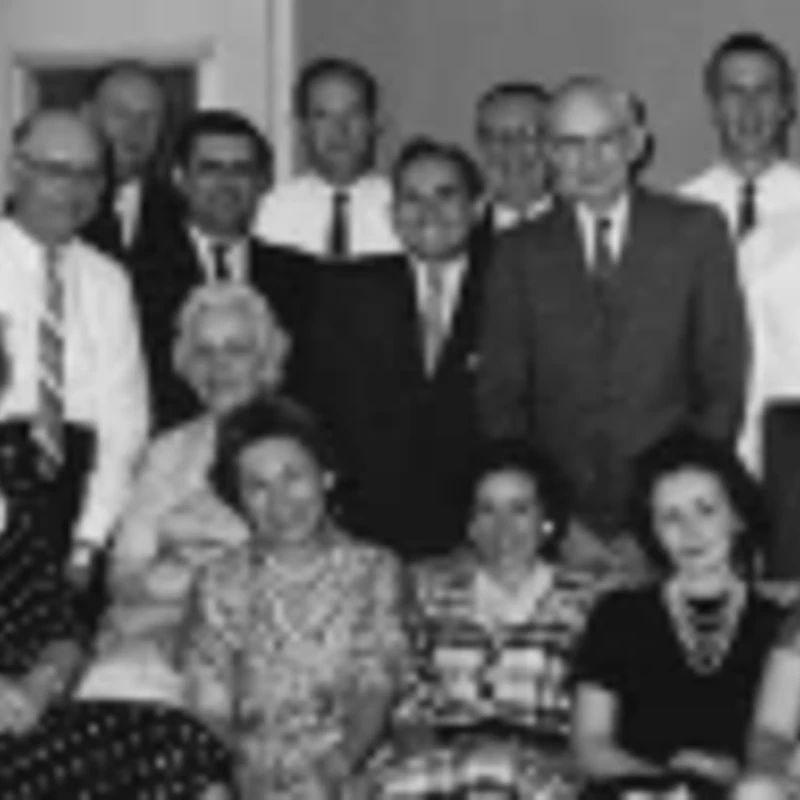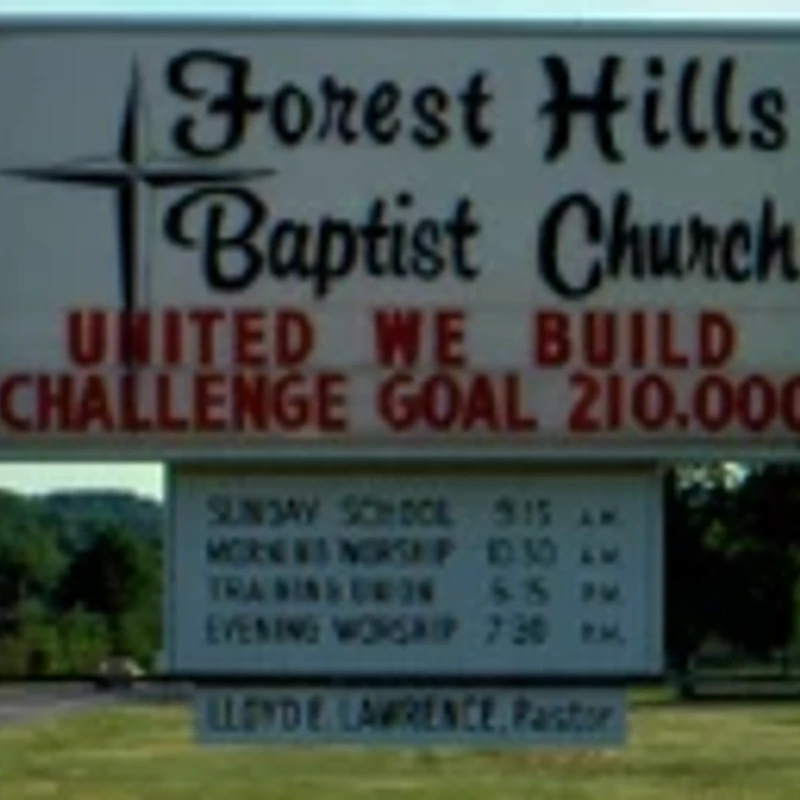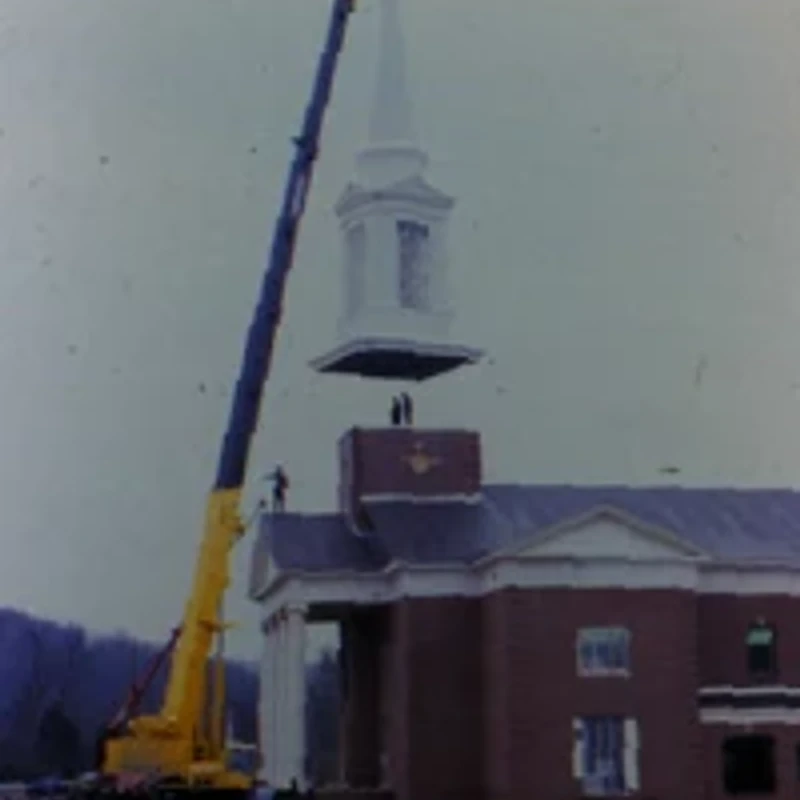There is only one living and true God who is eternally existing as three distinct persons: God the Father, God the Son and God the Holy Spirit. In His trinitarian nature, He has harmoniously revealed Himself as the Creator, Redeemer, Sustainer, and Ruler of the universe. God is holy and perfect. He is all powerful, all knowing, all present, all loving and all wise. He alone is worthy of all glory and honor from all creation and to Him we owe the highest love, reverence, and obedience.
(Gen. 1:26-27; Ps. 2, 139; Is. 42:1-8; Joel 2:28-29; Matt. 3:16-17, 28:18-20; Jn. 1:1, 17:20-24; Acts 1:7-8; 1 Jn. 4:7-8, 5:1-6)
God the Father
God as Father reigns with providential care over His universe, His creatures, and the flow of the stream of human history according to the purposes of His grace. God is Father in truth to those who become children of God through faith in Jesus Christ. He is fatherly in His attitude toward all men.
(Gen. 1:1, 2:7; Ex. 3:14, 6:2-8; Deut. 32:6; 2 Chron. 29:10; Is. 64:8; Mk. 13:32; Lk. 10:21-22; John 17; Acts 1:7; 1 Cor. 8:6; Eph. 4:6; 1 Pet. 1:17)
God the Son
Christ is the eternal Son of God, the incarnate revelation of God to mankind in Jesus Christ. Jesus was conceived of the Holy Spirit and born of the virgin Mary, being fully God and fully man. Jesus perfectly revealed and did the will of God, taking upon Himself human nature with its demands and necessities and identifying Himself completely with mankind, yet without sin. He fulfilled the law and gave Himself as the substitutionary sacrifice to redeem mankind from sin through His death on the cross, burial and resurrection from the dead. After many bodily appearances, He ascended into heaven and is now exalted at the right hand of God where He is the One Mediator, our advocate and intercessor before the Father. He will return in power and glory to judge the world and to consummate His redemptive mission.
(Ps. 2; Is. 7:14, 52:13-53:12; Matt. 1-2, 17:1-12, 24:1-28:20; Lk. 1:26-2:52, 22:1-24:53; Jn 1:1-5,14, 13:1-21:25; Acts 2:14-41; Rom. 1:1-6, 3:23-26; Col. 1:15-20; Heb. 1:1-3, 4:14-15, 7:25-28; 1 Pet. 1:21-25, 3:22; 1 Jn. 1:1-3, 2:1; Rev. 1:13-18, 5:6-14)
God the Holy Spirit
The Holy Spirit is the Spirit of God, fully divine, proceeding from the Father and the Son. He inspired holy men of old to write the Scriptures and presently illuminates and enables mankind to understand truth from the Scriptures. He exalts Christ. He convicts men of sin, of righteousness, and of judgment. He calls men to the Savior and effects regeneration. At the moment of regeneration, He indwells and baptizes every believer into the Body of Christ. He fills, empowers and enables all Christian living, obedience and service and bestows unique spiritual gifts by which believers serve God through His church. He sanctifies, comforts, intercedes and seals believers unto the day of final redemption and is the deposit guaranteeing Christ’s return and our final glorification.
(Gen. 1:2; Is. 61:1-3; Joel 2:28-29; Matt. 3:16, 10:19-20, Lk. 11:13, 24:49; Jn. 14:16-17, 16:7-15; Acts 1:8, 2:1-13, 38, 7:55, 8:17, 10:44-48, 13:2, 16:6, 19:1-6; Rom. 8:5-11, 26-27; 1 Cor. 12; Gal. 4:6, Eph. 1:13-14; 1 Tim. 1:14, 3:16; Heb. 9:14; 2 Pet. 1:21; 1 Jn. 4:12)




__mediumsquare__.webp)
__mediumsquare__.webp)